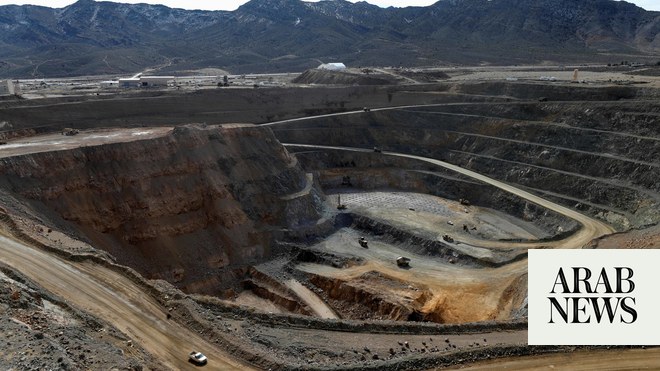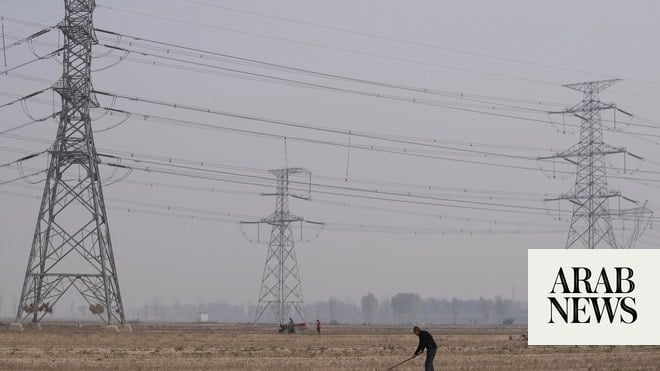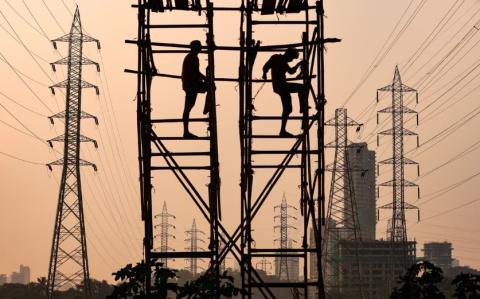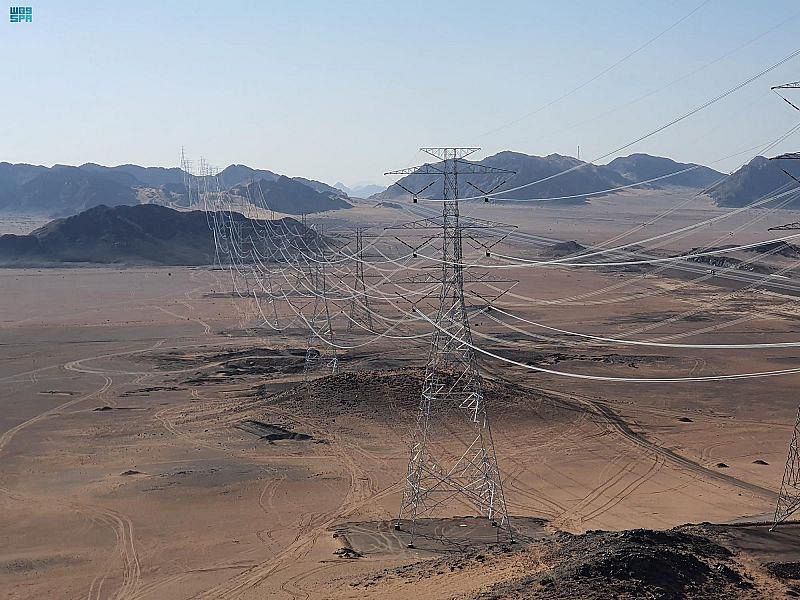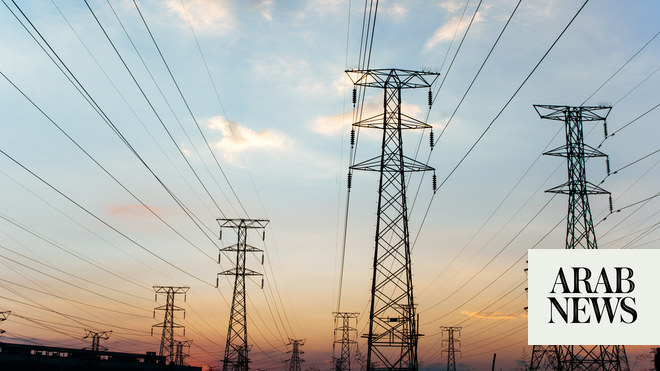
RIYADH: Countries need to add or replace the equivalent of the world’s current electricity grid by 2040 to meet global climate goals and achieve energy security, according to the International Energy Agency.
In its report titled ‘Electricity Grids and Secure Energy Transitions,’ the IEA revealed that 80 million km of transmission lines need to be revamped or constructed.
This requires an investment of more than $600 billion annually by 2030, the agency claimed.
“The recent clean energy progress we have seen in many countries is unprecedented and cause for optimism, but it could be put in jeopardy if governments and businesses do not come together to ensure the world’s electricity grids are ready for the new global energy economy that is rapidly emerging,” said Fatih Birol, executive director of the IEA.
He added: “This report shows what’s at stake and needs to be done. We must invest in grids today or face gridlock tomorrow.”
As the world progresses toward a sustainable future with electric vehicles hitting the roads, the need for electricity is extending into sectors once dominated by fossil fuels, the report added.
Moreover, several countries are integrating renewable energy at a fast rate, which will require more power lines to connect them to systems and high-functioning distribution grids to ensure reliable supplies for end customers.
The report stressed that the digitalization of distribution grids and enabling more flexibility through demand response and energy storage are necessary for the future.
“Ensuring the developing world has the resources it needs to build and modernize electricity grids is an essential task for the international community,” said Birol.
The IEA highlighted that improving and expanding grid infrastructure in countries worldwide will require stronger international collaboration.
However, emerging and developing economies, excluding China, have seen a decline in grid investments in recent years despite robust electricity growth and ongoing efforts to meet energy access goals.
Birol concluded: “By mobilizing financing, providing access to technology and sharing best practices on policies, leading economies can help improve people’s lives, strengthen sustainable development and reduce the risks of climate change.”





